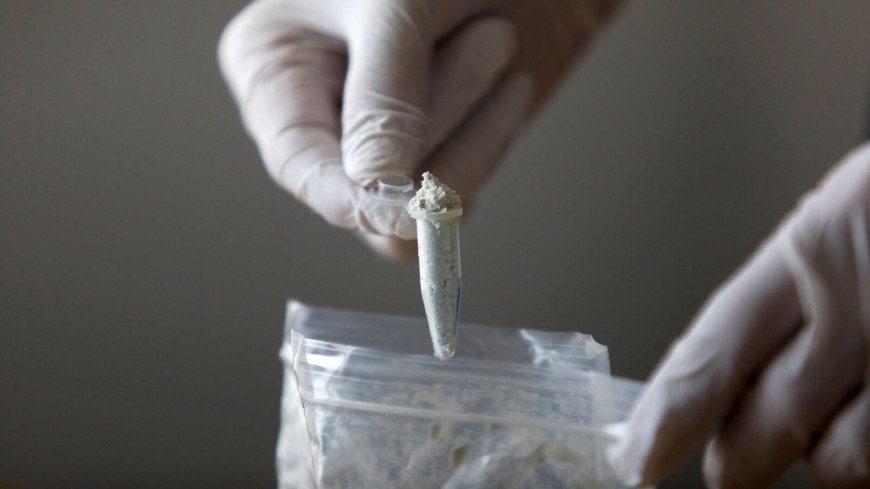Donald Trump’s new trade war on China is also an opioid war
The president claims that drugs are poisoning geopolitics

Introduction
The ongoing trade conflict between the United States and China has shifted into a new dimension, where it interlaces with the alarming opioid crisis gripping the nation. Under the leadership of former President Donald Trump, the trade war's implications stretch beyond tariffs and trade deficits, revealing a perplexing correlation with the opioid epidemic. This article seeks to dissect how Trump's trade policies aim to address not only economic concerns but also the growing crisis of opioid addiction, particularly involving substances sourced from China.
The Trade War Explained
In 2018, Trump implemented tariffs on a range of Chinese goods in a bid to rectify trade imbalances. This campaign claimed to protect American jobs and industries, but it has also brought to light critical health issues that intertwine with trade. The increase in tariffs has led to significant scrutiny of pharmaceutical substances manufactured in China, many of which have direct links to opioid production and trafficking.
The Opioid Crisis: A National Emergency
The opioid crisis has reached epidemic proportions in the United States, with millions affected by addiction and overdoses. A considerable portion of these opioids is sourced from overseas, with China being a prominent supplier of synthetic opioids like fentanyl. Trump’s trade policies have sought to not only curb the flow of goods but also target the illegal importation of these harmful substances. By applying pressure through tariffs, the administration intended to disrupt the supply chains of these dangerous drugs.
Connecting the Dots: Trade and Health
The intersection of trade policy and public health is glaring in this scenario. Trump's administration emphasized the need for a robust strategy against opioid imports as part of its broader trade negotiations with China. The dual focus on economic stability and health security marks a significant shift in how trade policies are constructed and perceived, pushing the narrative that economic measures could also provide health solutions.
International Responses and Future Implications
China’s response to the trade war and the associated health crisis includes a commitment to stricter regulations on the production and export of fentanyl. This cooperation is viewed as crucial in the global effort to combat the opioid epidemic. As trade negotiations continue, the interplay between tariffs and substance regulation will remain a critical point of discussion among policymakers on both sides.
Conclusion
The convergence of Donald Trump’s trade war and the opioid crisis highlights a complex relationship between international relations and public health. Although the primary aim of these policies is to address economic disparities, their ramifications extend into the social fabric, shedding light on one of America’s most pressing health challenges. Moving forward, the focus will need to remain on collaborative strategies that address both trade and public health concerns to create a safer future for all citizens. Keywords: Donald Trump trade war, opioid crisis USA, China trade policies, opioid addiction epidemic, fentanyl importation, US China relations, public health trade policies, synthetic opioids from China, tariffs on China goods, combating opioid crisis, economic policies and health issues. For more updates, visit dharmyuddh.com.







